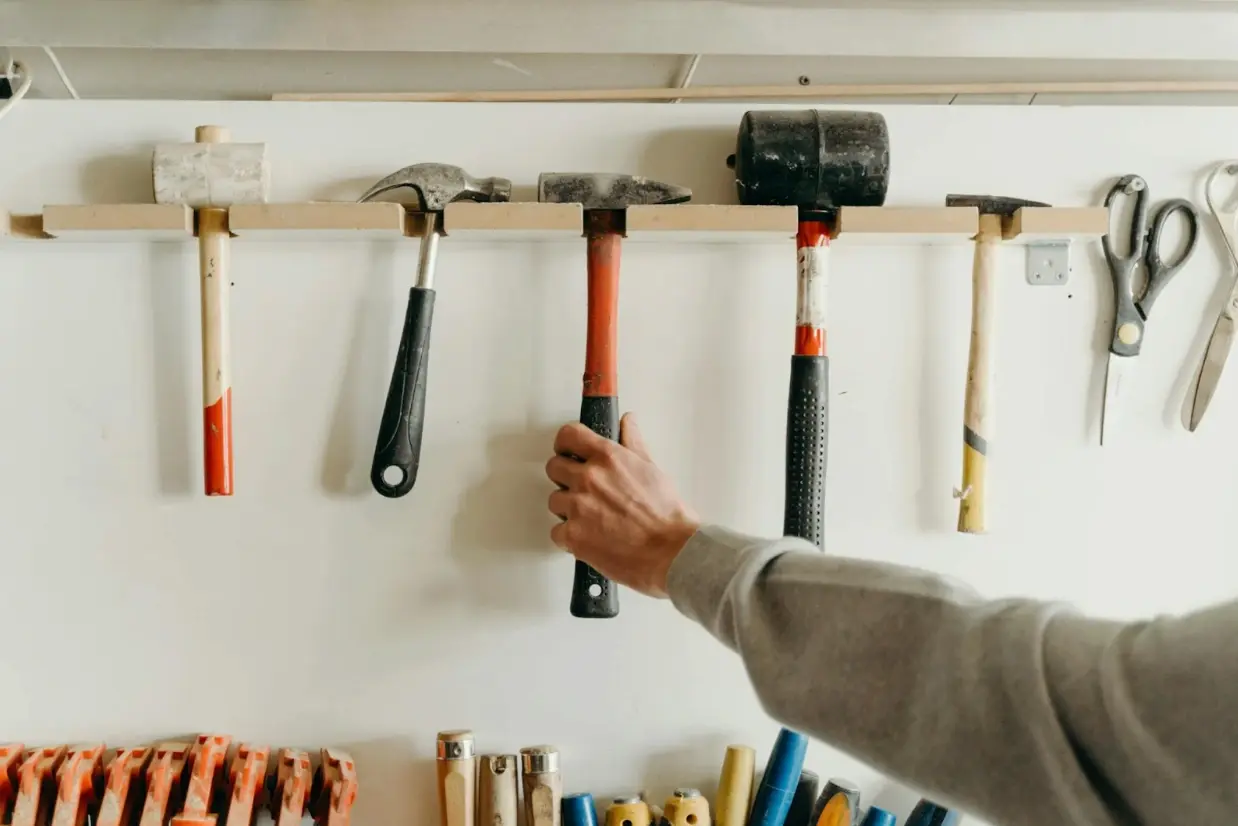The Ultimate Guide To Keeping Your Forklifts In Great Condition
A business that depends on the operation of its forklifts knows that service and preventative maintenance are essential to keeping these machines in top condition.
A business that depends on the operation of its forklifts knows that service and preventative maintenance are essential to keeping these machines in top condition. When a company keeps their machines well-maintained, they can provide a business with many years of safe and reliable operation.
Compromising when it comes to preventative maintenance for forklifts never ends well. These machines tend to frequently break down and will need to be replaced sooner than they would be if they were properly maintained. Should a company want to get the most out of their investment, they must be dedicated to performing preventative maintenance.
Daily Inspections
There are many benefits to performing daily inspections on forklifts. This should be done prior to the machines being used and is an excellent way to detect any potential unforeseen problems such as braking issues and leaky hoses. Doing this is also a requirement of the Occupational Safety and Health Administration (OSHA). Daily inspections are crucial for ensuring that the machines are safe to use, all while saving time and money with reduced downtime.
Standardized Checklist
One of the most effective ways to implement daily inspections is with a standardized checklist. There is one available from OSHA or a company can develop one on their own that works better for their particular situation and machines. A standardized checklist should be designed to make certain all areas involved concerning forklifts are addressed prior to their use. Some parts of forklifts that may need to be checked are the hoses, brake performance, tire condition, as well as pressure, fork and overhead guards, and seat belt function.
Immediately Deal with Issues
When daily checks are performed on a forklift, unexpected issues and flaws can be caught early. Often, when problems are discovered early, it can be much cheaper to resolve them before they manifest and become a bigger problem. Employees should be encouraged to report any problems as soon as possible. It may be cheaper to immediately call a technician rather than put it off until later.
Manufacturer's Recommended Maintenance
It’s important to follow the manufacturer's recommended schedule for forklift maintenance. Many manufacturers will recommend forklifts have their oil changed every three months or after a specified amount of time. Depending on the design of the machine, this could be after 250 hours of use or after 1,000 hours of use. The manufacturer's recommended forklift maintenance will cover everything from fluid and filter changes to spark plug and brake replacement. When this maintenance is followed, companies can save a significant amount of money over time while also increasing overall workplace safety.
Check Forks Are Straight
The forks of a forklift are responsible for keeping loads stable as they are transported. It could involve cargo weighing thousands of pounds. A very small bend in the forks could have a negative impact on a machine's performance as well as safety. Prior to being used, it is essential to make certain the forks are in proper working order. If they aren’t, it’s best to have the forks immediately repaired or replaced as necessary.
Clean Weekly
Cleaning forklifts can provide a boost to their aesthetic appeal. This is also an essential part of safety. Weekly cleaning can eliminate the build-up of combustible material like lint on the machine. Doing this can help radiators from being blocked. Forklift cleaning typically involves wiping down the machine to remove any dirty elements. The radiator should be blown out. Dirty filters should be replaced. Regularly removing the buildup of dirt and debris on a machine can also decrease its wear and tear from daily use.
Safety Features
It’s important to regularly check the machine’s safety features. This includes horns, turn signals, reverse signals, and advance warning lights. Doing this is an essential part of forklift maintenance. It can also be cost-effective. If OSHA pays a visit to a company who does not have the safety features on their machines working properly, they could be given a citation or an expensive fine.
Regularly Check Tires
When forklifts are used regularly, they can quickly wear out. This is especially true if they travel over the same areas daily. The repetitive motion will cause tires on one side of the machine to wear out faster than the tires on the other side. These tires can lose their tread, deflate, as well as spring leaks. Tires are a critical part of a forklifts being able to operate at peak efficiency.
Antifreeze Levels
This is a coolant that will prevent the engines of forklifts from freezing or overheating. Antifreeze is also able to help prevent corrosion. It’s important to make certain these machines always have the correct levels of antifreeze prior to being operated. If this is neglected, forklifts can overheat and become a regular issue for the operator. Overheating at the wrong time, such as peak operating hours, can be extremely costly and unsafe. It's important to always maintain a ratio of 50 percent water and 50 percent antifreeze in a forklift's reservoir.
Leaky Hoses
Hoses need to be regularly checked. Regardless of leak size, it's important to check the hose to locate and fix the leak. This will prevent a small problem from becoming a large and expensive one. A leaky hose will only become worse over time. It could cause a loss of antifreeze and more.
It has been proven that regular maintenance and servicing of forklifts is an essential part of keeping these machines running at peak performance. When they are properly maintained, they will provide their owners with many years of safe and reliable service. When these machines are neglected, they will break down more often and sooner require replacement. Neglected machines also put their operators at risk. Proper maintenance is an effective way to get the most out the investment in a forklift.
For more information about warehouse equipment, call Michael’s Global Trading at +1 647-821-9961 or contact us here.



